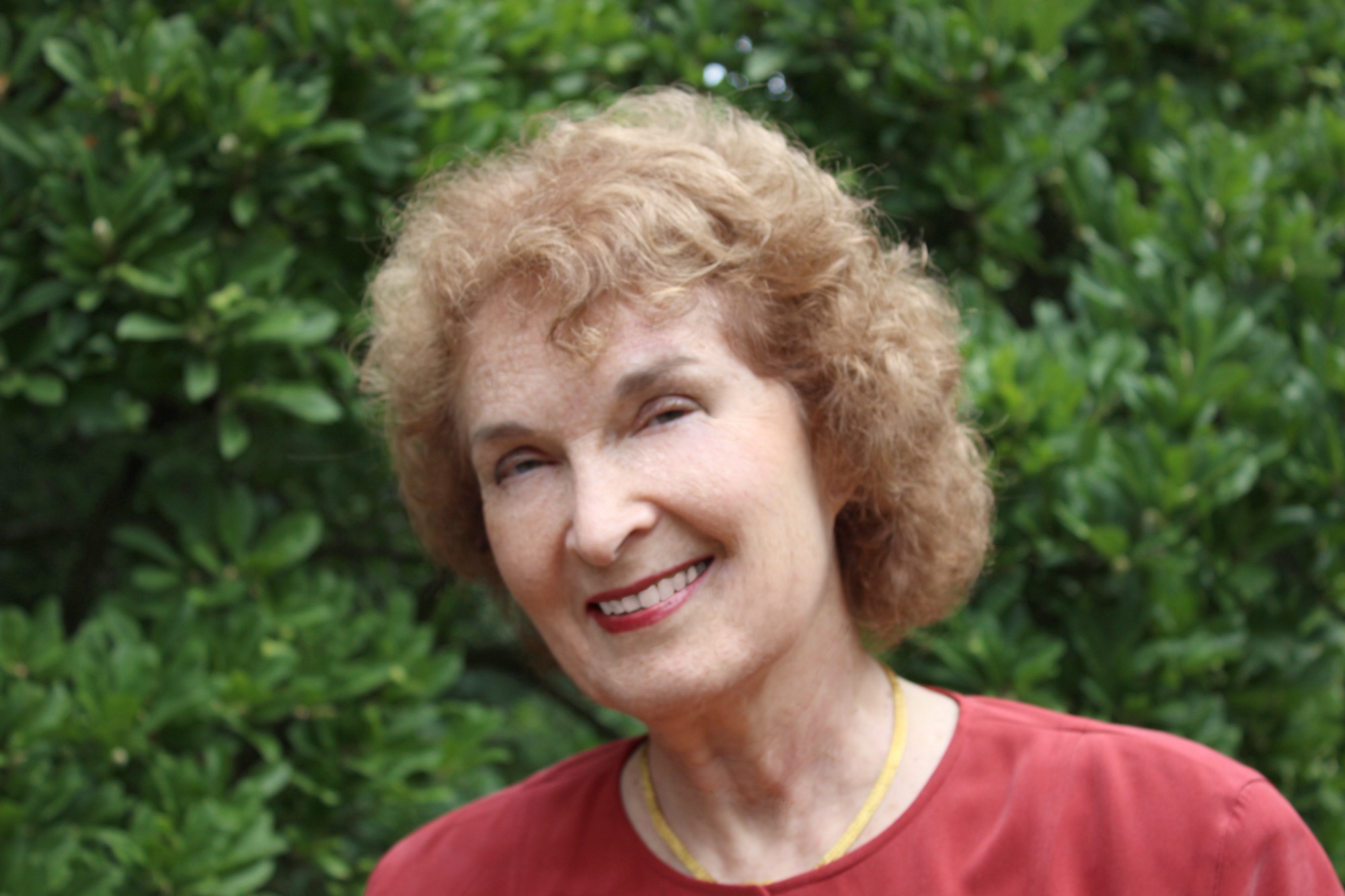As a part of my series about “Mental Health Champions” helping to normalize the focus on mental wellness, I had the pleasure to interview Monica Starkman, MD. Dr. Starkman is a psychiatrist/novelist. As a faculty member of the University of Michigan Medical School’s Department of Psychiatry, she is a clinician, teacher and scientific researcher, and has received research funding from the National Institutes of Health. Her novel: The End of Miracles, draws deeply from her experiences on psychiatric hospital units and with other patients. The End of Miraclesis optioned and in development as a movie.
She also writes articles regularly for Psychology Today.
Thank you so much for joining us! Can you tell us the “backstory” about what brought you to this specific career path?
As a professor in a major university department of psychiatry, my professional career has been spent in the usual way of academic physicians: teaching, research and clinical care. I’ve received National Institutes of Health funding to study the effects of stress hormones on thinking, mood and brain structure and function. I’ve consulted to doctors in our general medical hospital for their patients with mind-body interactions. All this has been very fulfilling. But more recently, I realized there is work to be done beyond the walls of my medical center. I want to reach greater numbers of people with information and advice about mental health, and work to reduce the stigma of mental illness.
According to Mental Health America’s report,over 44 million Americans have a mental health condition. Yet there’s still a stigma about mental illness. Can you share a few reasons you think this is so?
There are two main reasons — and they form a vicious cycle. Many people with mental illness feel so much personal shame that they don’t talk to others about their mental health problems. In addition, the media address the subject of mental illness very gingerly and infrequently. All this gives the false impression that mental illness is rare and scary, and should not be talked about.
Can you tell our readers about how you are helping to de-stigmatize the focus on mental wellness?
The first way is through my articles in Psychology Today. Here, I provide information that increases the conversation about mental health. I write to inform people there are helpful things they can say and do, just for friends and relatives with mental illness. For example, an article describes how high school peer-to-peer programs help educate and decrease stigma and bring support to depressed teens. Another article describes how to help others who are suffering with grief and shame from another situation shrouded by social stigma: pregnancy loss.
The second way is through my novel: The End of Miracles. Here, I show that people with mental illness are not that different from everyone else. I let the reader observe the feelings and thoughts of a psychologically vulnerable woman reacting to loss with a haunting journey through false pregnancy, serious depression, hospitalization in a psychiatric unit, an impulsive act, and healing. Readers are brought in close to fully engage their imagination and experience of the story and the character. I’m grateful that many reviewers and readers think I’ve succeeded. For example, here’s the way the American Library Association’s Booklist described The End of Miracles: “Starkman, a prominent psychiatrist, beautifully captures one woman’s journey through depression in this superbly well-written and gripping first novel, which powerfully reveals the complexity and strength of the human mind.”
The End of Miraclesis optioned and being developed as a motion picture. I am hopeful that this will be yet another way to bring mental illness into public conversation, and decrease stigma by showing how a strong person with psychological vulnerabilities can fall victim to mental illness and then recover.
Was there a story behind why you decided to launch this initiative?
I began to realize that over the decades that I have been a psychiatrist, the progress in reducing stigma has been very slow and very limited. Because of this, I decided to devote more of my time and effort to speeding up that pace.
In your experience, what should a) individuals b) society, and c) the government do to better support people suffering from mental illness?
Individuals can help reduce stigma by bringing up the subject in conversations whenever appropriate. Book clubs can read books that provide realistic and sensitive portrayals of mentally ill people. There are not yet enough contemporary ones, but some classic examples of fiction I personally like are: Ordinary People, The Bell Jar, andThe Curious Incident of the Dog in the Night-Time. There are many memoirs to read as well. People can learn how to support friends and family by reading information on the internet from experts. For example, here is an article I wrote for Psychology Today for parents of children with depression: https://www.psychologytoday.com/us/blog/call/201706/are-you-the-parent-depressed-child-or-teenager
Society can help by having more articles about mental illness in newspapers and other media. Society and government can help by promoting policies so that that health insurers provide patients with mental illness more covered treatment visits that are in line with the number allowed for physical conditions.
What are your 6 strategies you use to promote your own wellbeing and mental wellness? Can you please give a story or example for each.
Here are some that I use, many of which I discussed in an article for Psychology Today about my recommendations for self-care for people with depression — or anyone! https://www.psychologytoday.com/us/blog/call/201701/depression-psychiatrist-s-recommendations-self-care
Visualization — when I have to give a talk and feel a bit anxious about it, I go to the room ahead of time and see the platform where I will be speaking and the seats for the audience. Then, I visualize myself giving the talk with confidence and pleasure, and doing a good job.
Exercise — the more the better, but even a little is helpful. Exercise is like fertilizer for the brain and improves its biology.
Stimulating the brain’s pleasure centers — in our busy lives, it is all too easy to use all our waking hours fulfilling responsibilities to work and family. But it’s necessary to keep the pleasure centers stimulated and activated. I make time to listen to music I enjoy, watch TV series and movies I like, and spend fun time with family and friends.
Getting hugs — whenever appropriate, I hug family and friends, since touch is an important positive biological regulator for us.
Breathing — when feeling stressed, I breathe deeply and slowly in for a count of four, hold for a count of two, and exhale for a count of 4. Done four or five times in a row, this decreases the activation of the part of our autonomic nervous system that is associated with tension.
What are your favorite books, podcasts, or resources that inspire you to be a mental health champion?
I’ve already mentioned a few of my favorite books. I also enjoyed a television series calledIn Treatment, which shows a fictional psychotherapist sensitively treating a variety of patients. Celebrities who speak out about difficulties with their own mental health, such as Lady Gaga, are an inspiration. And the most inspiring for me is the need to decrease the additional suffering of people with mental illness that is caused by social stigma.
Thank you so much for these insights! This was so inspiring!


